CHARLOTTESVILLE, VA (CVILLE RIGHT NOW) Saturday, across the Atlantic Ocean, a pair of former Virginia tennis stars took the court at Wimbledon. Emma Navarro advanced by defeating the defending champion, while Danielle Collins lost to top-seeded Iga Swiatek.
It was the latest example of what athletic director Carla Williams sees as the growing reach of the Cavaliers’ brand.
“This summer the V-saber was global with our swimmers in Paris,” Williams said. “It is a national brand because our sports teams, they’re on the ACC network, they’re on ESPN and ESPN 2 and so forth. It’s a national brand, in large part, because of the visibility of athletics.”
Speaking on a new podcast released by UVA entitled “Inside Virginia Athletics with Carla Williams,” the AD talked extensively about how the department is positioned in the post-House settlement world of college athletics.
Williams spoke about the importance of donor support as the Cavaliers look to fund their football and men’s basketball teams at levels that keep them competitive in the ACC and nationally, while also continuing to support the rest of their sports programs.
“This landscape has changed so quickly and the amount of resources needed grew exponentially,” Williams told co-host John Freeman and guest Gerry Capone, associate athletic director. “There’s no way we have these successful transfer portal classes without our donors. No way. It is impossible to do without our donors. They have stepped up in a major way.”
Under the House settlement, the resolution of multiple federal antitrust lawsuits against the NCAA that opened the door to college athletes being allowed to be paid for their name, image and likeness, schools must share their revenue with athletes.
Schools can pay up to $20.5 million, spread across all sports, though most are earmarking over 70% to go to football.
To supplement that, athletes can pursue third-party NIL deals. That’s where UVA is hoping the school’s recognition beyond the Charlottesville area can help its athletes cash in.
“Because we’re such a global brand, but more importantly, a state school, we want to be able to expand those borders and start to create opportunities outside of Charlottesville and the smaller market we’re dealing with,” said Lo Davis, executive director at Cav Futures, during a recent appearance on WINA’s Best Seat in the House.
Any deals valued at over $600 have to be cleared by the NCAA, which has partnered with Deloitte to create an NIL clearinghouse called “NIL Go.”
Davis said that system means athletes who don’t have obvious national name recognition and star power on their own will need to craft agreements that involve more actual work on their end – more appearances, commercials, billboards and clinics.
While UVA may be a national brand, none of its current players pack that kind of celebrity punch as individuals.
“We don’t have a Cooper Flagg or a Livvy Dunne at this point,” Davis said. “Until our teams are playing on that national stage, there’s a lot of networking that has to be done, a lot of storytelling that has to be done about these student athletes but on and off the field and the court.”
Davis shared more details about how third-party NIL deals will work for UVA athletes. He said all the contracts will be reviewed by the school’s compliance department, which will help advise athletes on possible snags their deals could hit when evaluated by Deloitte.
He also said the Deloitte system will flag any third-party deals where the business entering into a contract with an athlete is owned by a university booster. That won’t automatically negate the deal, but it will bring closer scrutiny.
Connecting athletes and companies – locally, regionally and nationally – to secure third-party deals is the focus for Cav Futures, Davis said.
“We have been working in this space from Day 1, where we were going out and creating these third-party deals,” Davis said. “Now, we’re in the process of basically putting that on steroids.”

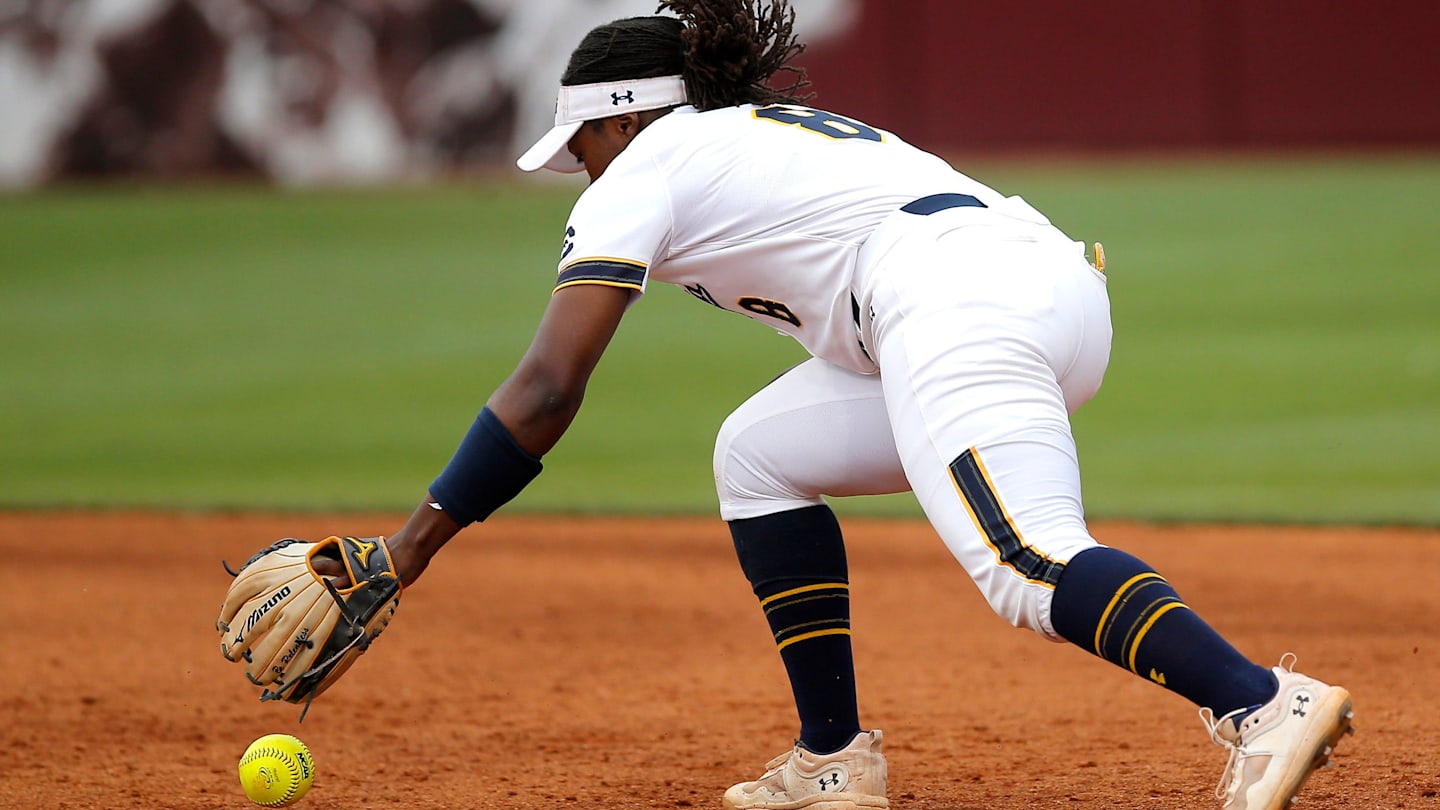


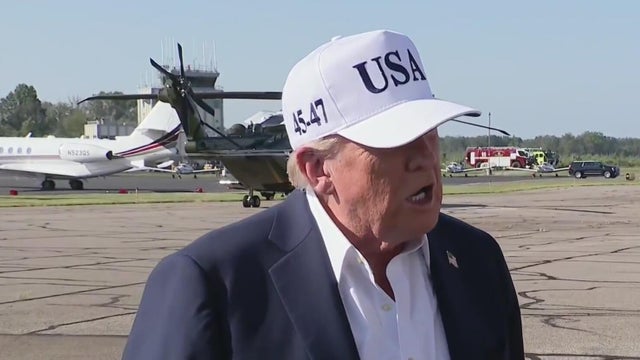
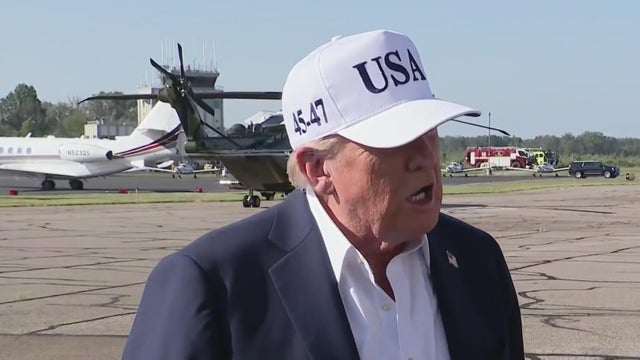
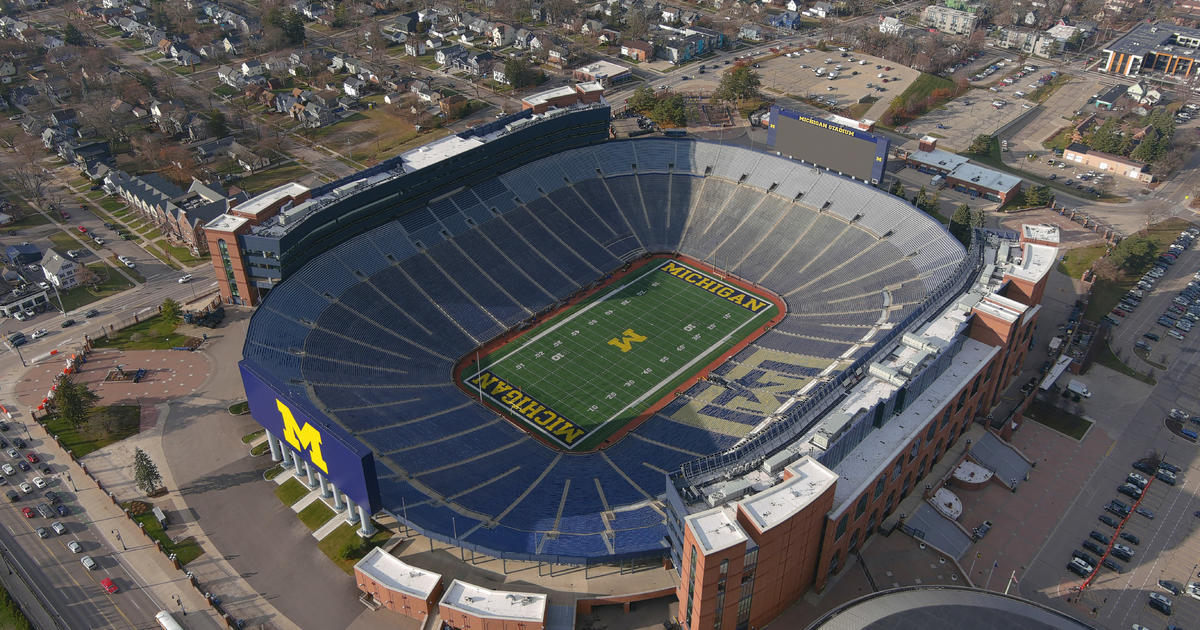
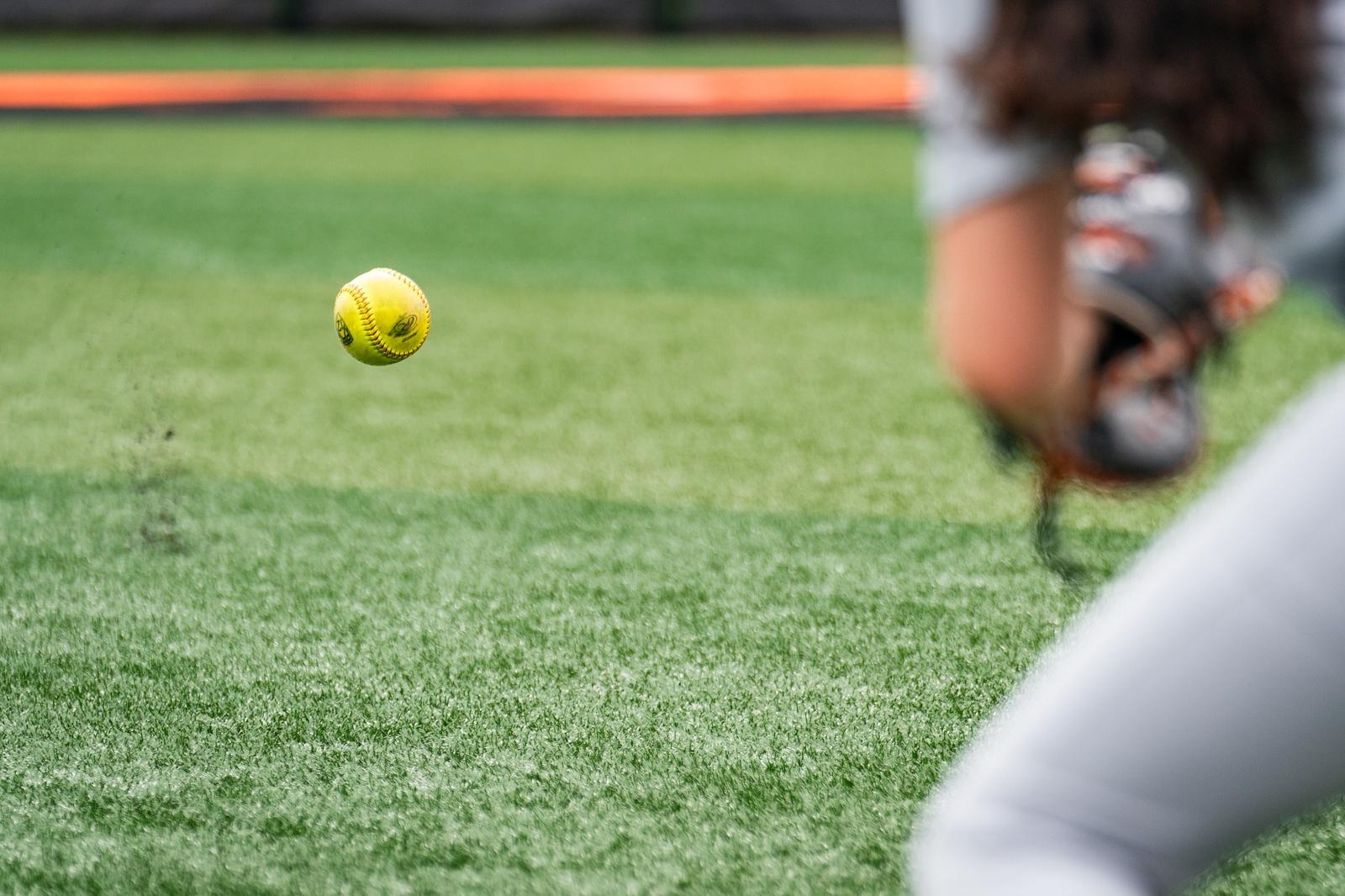

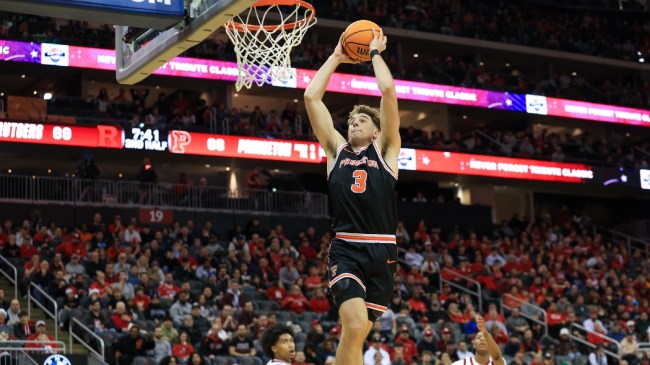













 LIVE NOW
LIVE NOW 






































